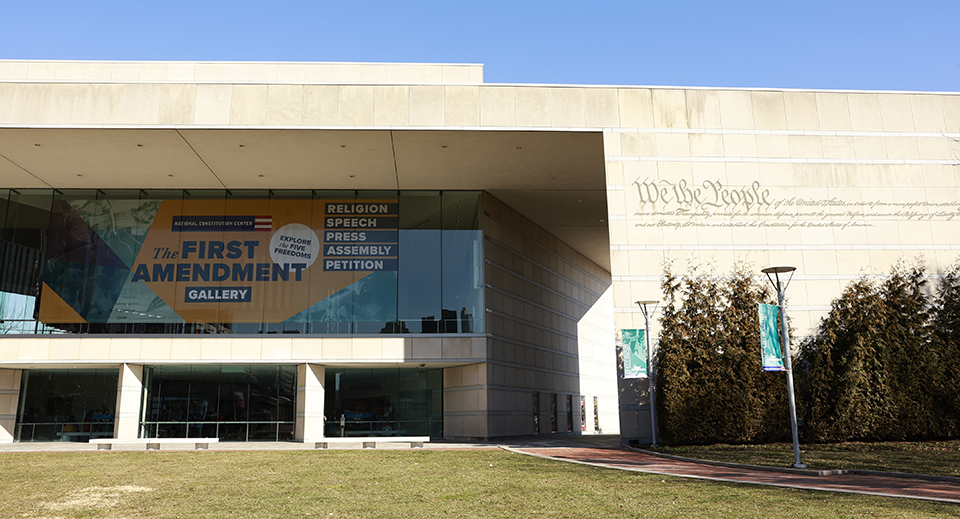He should have let it happen because it was perfectly legal. He needed a war because all those corporate welfare projects northern bankers and railroads and protectionist industrial barons demanded cost money, and they weren't about to tax themselves to pay for them.
"But what am I to do in the meantime with those men at Montgomery [meaning the Confederate constitutional convention]? Am I to let them go on...[a]nd open Charleston, etc., as ports of entry, with their ten-percent tariff. What, then, would become of my tariff?" ~Lincoln to Colonel John B. Baldwin, deputized by the Virginian Commissioners to determine whether Lincoln would use force, April 4,1861.
"Union means so many millions a year lost to the South; secession means the loss of the same millions to the North. The love of money is the root of this as of many other evils....The quarrel between the North and South is, as it stands, solely a fiscal quarrel"....Charles Dickens in a London periodical in December 1861
"They[the South] know that it is their import trade that draws from the people's pockets sixty or seventy millions of dollars per annum, in the shape of duties, to be expended mainly in the North, and in the protection and encouragement of Northern interests....These are the reasons why these people [the North] do not wish the South to secede from the Union." .....New Orleans Daily Crescent 21 January 1861
"In one single blow our foreign commerce must be reduced to less than one-half what it now is. Our coastwise trade would pass into other hands. One-half of our shipping would lie idle at our wharves. We should lose our trade with the South, with all of its immense profits. Our manufactories would be in utter ruins. Let the South adopt the free-trade system, or that of a tariff for revenue, andthese results would likely follow." ....Chicago Daily Times December 1860
"At once shut down every Southern port, destroy its commerce and bring utter ruin on the Confederate States."..... NY Times 22 March 1861
"the mask has been thrown off and it is apparent that the people of the principal seceding states are now for commercial independence. They dream that the centres of traffic can be changed from Northern to Southern ports....by a revenue system verging on free trade...."....Boston Transcript 18 March 1861
"You and I both anticipated that the cause of the country would be advanced by making the attempt to provision Fort Sumter, even if it should fail ; and it is no small consolation now to feel that our anticipation is justified by the result. "
Abraham Lincoln, in a letter to Gustavus Fox, May 1, 1861
"The affair at Fort Sumter, it seems to us, has been planned as a means by which the war feeling at the North should be intensified, and the administration thus receive popular support for its policy.... If the armament which lay outside the harbor, while the fort was being battered to pieces [the US ship The Harriet Lane, and seven other reinforcement ships], had been designed for the relief of Major Anderson, it certainly would have made a show of fulfilling its mission. But it seems plain to us that no such design was had. The administration, virtually, to use a homely illustration, stood at Sumter like a boy with a chip on his shoulder, daring his antagonist to knock it off. The Carolinians have knocked off the chip. War is inaugurated, and the design of the administration accomplished."~ The Buffalo Daily Courier, April 16, 1861.
"We have no doubt, and all the circumstances prove, that it was a cunningly devised scheme, contrived with all due attention to scenic display and intended to arouse, and, if possible, exasperate the northern people against the South.... We venture to say a more gigantic conspiracy against the principles of human liberty and freedom has never been concocted. Who but a fiend could have thought of sacrificing the gallant Major Anderson and his little band in order to carry out a political game? Yet there he was compelled to stand for thirty-six hours amid a torrent of fire and shell, while the fleet sent to assist him, coolly looked at his flag of distress and moved not to his assistance! Why did they not? Perhaps the archives in Washington will yet tell the tale of this strange proceeding.... Pause then, and consider before you endorse these madmen who are now, under pretense of preserving the Union, doing the very thing that must forever divide it." ~The New York Evening Day-Book, April 17, 1861.
